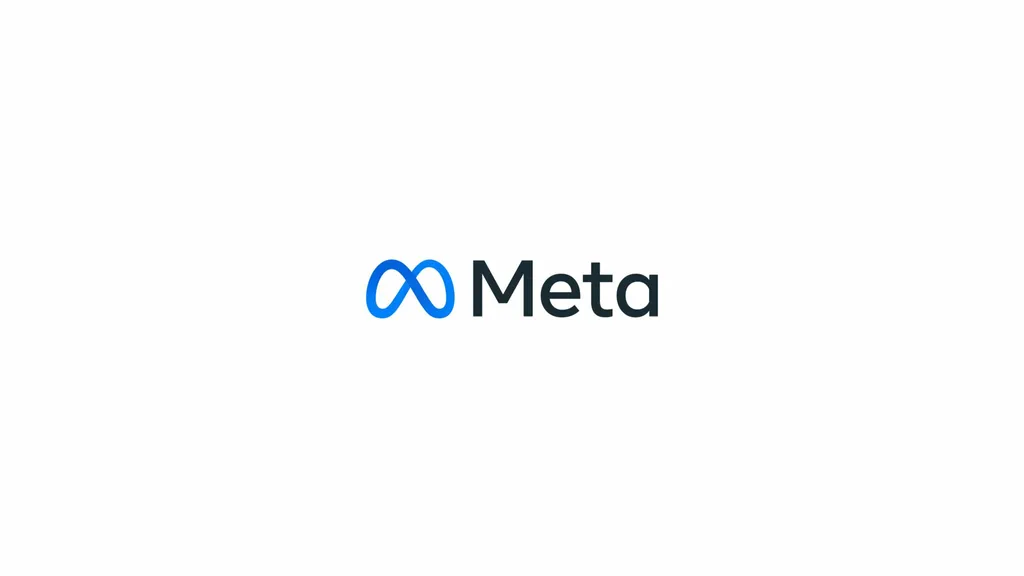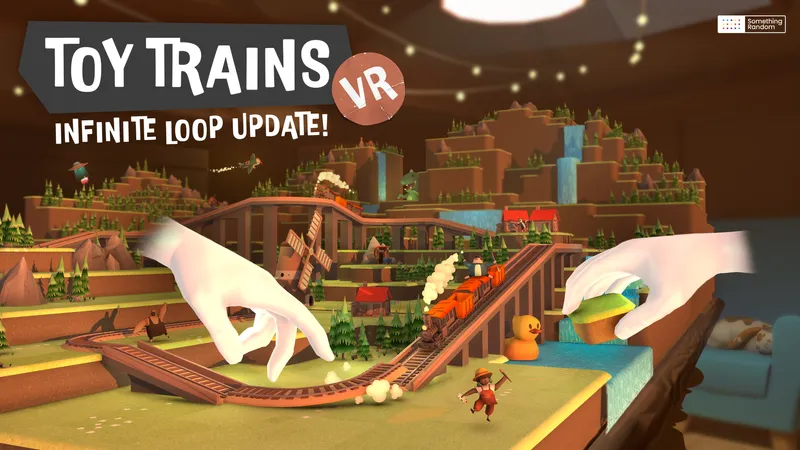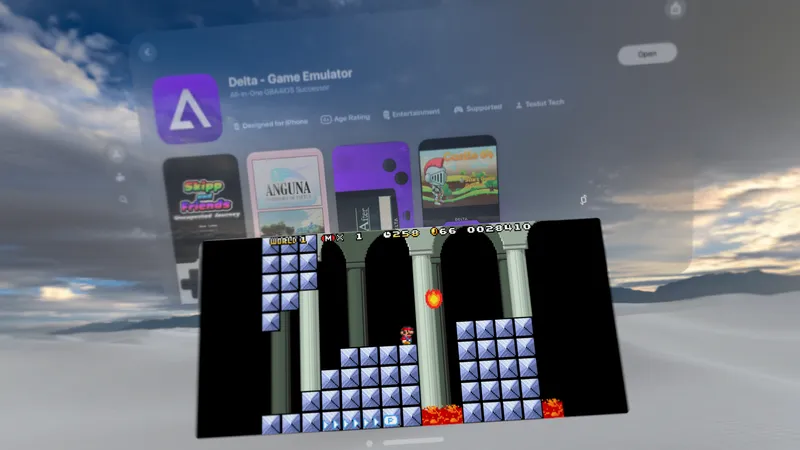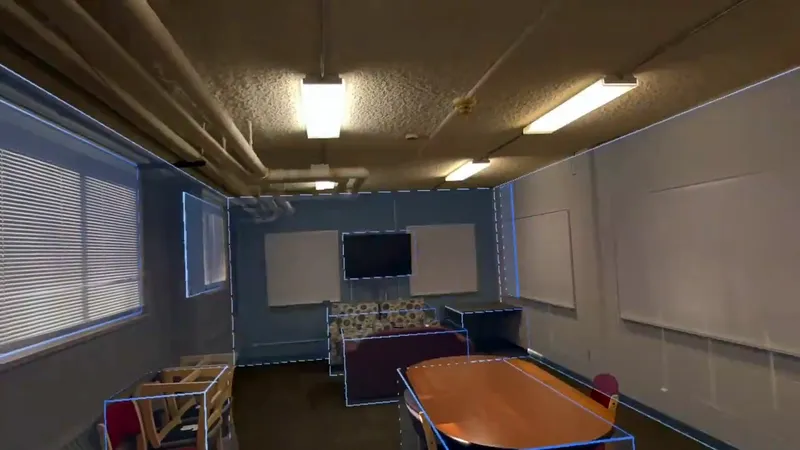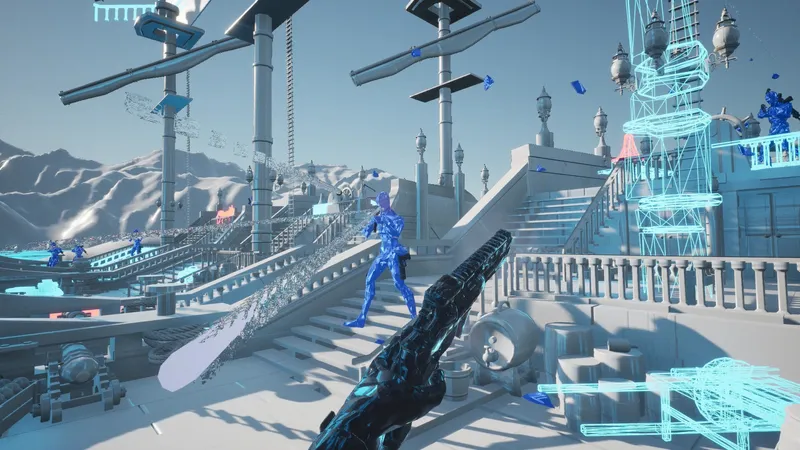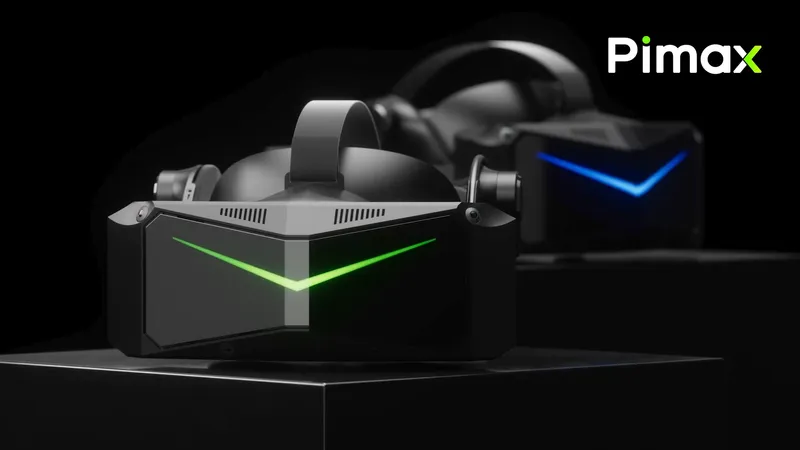A number of job listings at Meta Platforms suggest the company is exploring next generation VR and AR headsets with cellular connectivity features.
Here are some of the positions listed by Meta under its Oculus or Facebook Reality Labs branding:
- “Antenna Research Scientist” mentions a “focus on antenna innovations and new architectures to push forward the state of wireless technologies for augmented reality” with the specific responsibility to “Develop WiFi/BT/GPS/Cellular and mmWave antenna concepts for AR/VR products.” The minimum qualifications mention “5+ years of experience in multi-band antenna design with a proven record of designing and shipping high volume consumer products” with 5G, LTE and other wireless technologies listed, as well as the preferred qualification that an applicant be “Familiar with carrier certification process” and “regulatory requirements” from bodies like the United States Federal Communications Commission.
- “Director, AR Product Quality Engineering” lists among its preferred qualifications “Experience with products that meet Telecom Carrier and or FDA quality requirements”.
- “Lead Wireless Carrier Engineer” mentions the position will “manage the technical certification requirements from the cellular carriers (such as Verizon, AT&T, T-Mobile, Vodafone, Orange, DT, etc. for US and/or the global market)” and be “a single point of contact for all the matters related to the initial engagement with the target carriers.” Under preferred qualifications, Meta seeks “Experience in working on the cellular products such as high-end smartphones and wearables from major brands.”
- “Cellular Firmware Engineer” will work as part of a team “covering the integration of cellular stack (4G/5G) from third party vendors in our Facebook Reality Labs product portfolio” with “Knowledge of Android Telephony” preferred.
Meta’s Reality Labs division is responsible for a growing slate of products including Quest 2 as well as the Portal video calling devices, with a new high-end VR headset featuring more sensors and a slimmer profile planned for later this year. Meta is also reportedly planning a watch to release this year as well and Facebook is the virtual assistant inside the Ray-Ban camera sunglasses.
While Meta CEO Mark Zuckerberg sees VR and AR as the future of personal computing and long-distance communication, the weight of the glasses and heat produced by their components impose severe limitations on what functionality designers can pack into a given device, and in turn which use cases the gadgets are best suited. Today, the Quest 2 is meant for indoor use only and connects to your local Wi-Fi network to download games, surf the Web, start an audio chat with friends, or play online games. The slimmer Ray-Ban Stories glasses connect over even shorter range using Bluetooth and your phone to offload images and videos captured on it.
Could a Meta headset or glasses one day ring with a call from a faraway friend using a cellular connection to a more distant tower network? It’s possible the people Meta is looking to fill these positions may be instrumental in making a vision like that come true. Meta is also in a battle for talent as it staffs up to build Zuckerberg’s vision, with incumbent competitors like Apple reportedly offering unusually lucrative stock options to keep key employees from jumping ship. Meta lists the salary for the “Cellular Firmware Engineer” starting at “$209,000/year + bonus + equity + benefits”.
A Meta representative declined to comment.
Thanks to @SanbornVR for the initial tip about one of the positions Meta is looking to fill.

